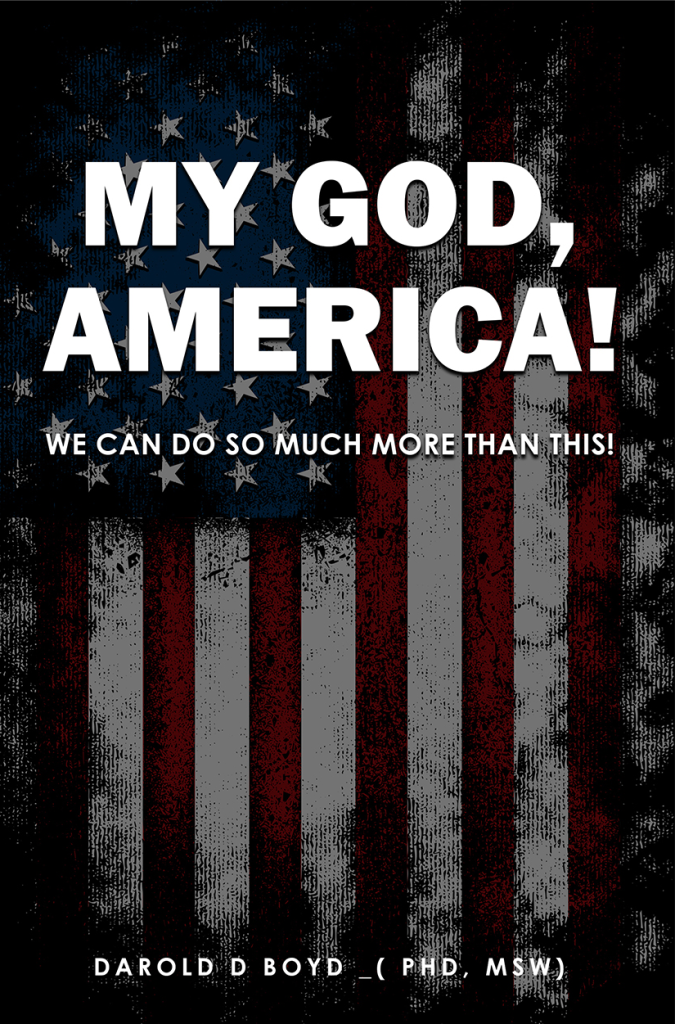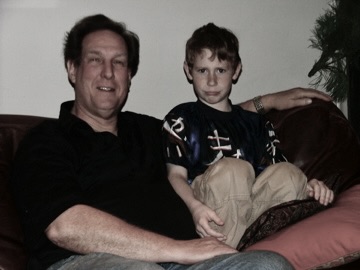- Home
- About The Author
About The Author

About The Author
Darold Boyd
Book by Darold Boyd ( PHD, MSW )



Self and Community
Book by Darold Boyd ( PHD, MSW )
Self and other are two parts of a whole. They cannot be separated. Self in the community is the context for our development as persons. We are born ego-centric and must learn to care for our neighbor—developing basic trust is mandatory to learning social responsibility. The goal is interdependence, not dependence. Where individuals and families are interdependent, they share a vision of the common good. A shared vision of the common good coupled with compassion is the glue that binds people together. When individualism is elevated (given value) above community, the community breaks down. Where the individual is devalued, the psychological health of both the individual and the community is imperiled. In healthy communities, we learn to trust—ourselves, others, employers, and even the government. Erik Erikson reminds us that hope is indispensable to a thriving life:
“Hope is both the earliest and the most indispensable virtue inherent in the state of being alive. If life is to be sustained hope must remain, even where confidence is wounded, trust impaired.”
It is in the community also, that we are granted whatever freedom we have. Freedom cannot survive without trust. Trust is the basis of a good democracy. Without it, individuals and families cannot thrive.
Society is the form developed through mutual interdependence for the sake of life and nothing else. Its public significance and value may be observed wherever individual and family life are found to be thriving.
Book Published
Book Translate
Clients Satisfaction